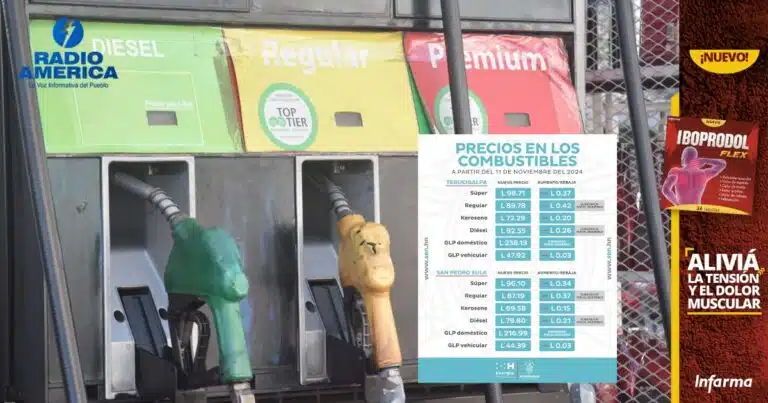How the weather can affect your fuel spending

Climate variations have a significant impact on fuel consumption in vehicles. Factors such as low temperatures can hinder optimal engine performance, leading to an increase in gasoline usage. Additionally, the use of air conditioning systems also contributes to higher energy expenditure. Understanding how the weather influences our driving decisions is key to adopting more sustainable habits and reducing environmental impact.
Fuel consumption in vehicles can be significantly affected by weather conditions. Factors such as extreme temperatures, humidity, and the use of air conditioning systems in cars can increase gasoline expenditure. In this article, we will explore how these climate variations impact engine performance and fuel consumption, providing key information for adopting more sustainable driving habits.
Impact of Low Temperatures
When temperatures drop, it is common for vehicles to experience an increase in fuel consumption. This is because the engine requires more time to reach its optimal operating temperature. During startup, the engine will take longer to warm up the gasoline, meaning it will consume more fuel in the process. Additionally, the cold can reduce battery energy, causing the engine to have to work harder to produce the necessary energy to start.
Influences of Air Conditioning
The use of air conditioning in vehicles also affects fuel consumption. Studies have shown that air conditioning can increase consumption by as much as 10% or more. This depends on several factors, such as the previous temperature of the vehicle and the intensity at which the climate control system is set. Setting the air conditioning to temperatures below 20 degrees Celsius can increase fuel expenditure by up to 20%.
Extreme Weather Conditions
Extreme heat conditions can have their own set of effects on fuel consumption. Similar to cold days, warm weather forces the engine to work harder, especially if the air conditioning is used. Additionally, tire pressure can be affected by high temperatures, where overheating can increase rolling resistance, leading to greater fuel consumption. Maintaining proper tires is essential for optimizing vehicle performance.
Humidity and Its Effect
Humidity also plays an important role in fuel consumption. When humidity is high, the engine may experience a loss of power, meaning it must work harder to maintain the same level of performance. This translates into higher gas expenditure. Drivers should be aware of weather conditions and adjust their driving style to minimize the impact of humidity on vehicle performance.
Tips to Mitigate Fuel Costs
To reduce the impact of the weather on fuel consumption, several strategies can be implemented. Keeping the vehicle well-maintained and with an efficient engine is key. It is also recommended to plan routes that avoid traffic jams and to make smart use of air conditioning. Furthermore, the use of renewable energies can be promoted and more sustainable driving habits adopted.
Finally, for more tips on how to reduce fuel consumption, you can visit Tips to Reduce Fuel Consumption. You can also explore related topics on effective car maintenance at The Secret Behind Effective Car Maintenance, and discover more about improving your vehicle at Exploring the Best-Kept Secrets of Vehicles in Mexico.
Awareness of these climatic variables not only helps to optimize vehicle performance but also contributes to environmental sustainability and reduces operating costs.
Moreover, for those interested in energy-saving innovations, it is suggested to review An Engine That Converts Its Own Heat into Energy as an example of the future of automotive technology.
The impact of weather on fuel consumption is a crucial topic, especially when temperatures drop and weather conditions change. In cold climates, vehicle engines need additional time to reach their optimal temperature for operation. This means an increase in fuel expenditure, which can be between 10% and 15% more significant compared to warm months. The extra energy required during cold starts directly translates to a higher gasoline consumption.
Another aspect to consider is the use of air conditioning. Although it may seem that its effect on fuel consumption is limited, it can actually increase expenditure by around 10% extra. This is especially important in situations where rapid cooling of the vehicle is required, which leads the driver to keep the air conditioning running constantly. Setting the air conditioning to lower temperatures can raise consumption by an additional 20%, resulting in a cumulative effect that should not be underestimated.
Apart from temperatures, other climatic factors such as wind and humidity also play an important role. Wind can increase resistance against the movement of the vehicle, resulting in additional fuel consumption. In summary, weather significantly influences how and how much fuel is spent, and being aware of these variations can enhance strategies for more sustainable driving.



